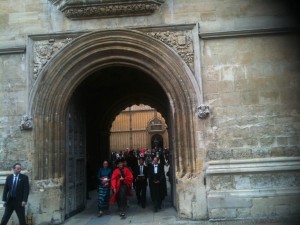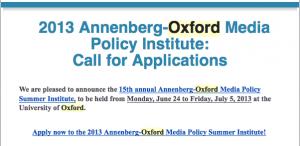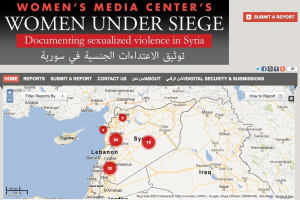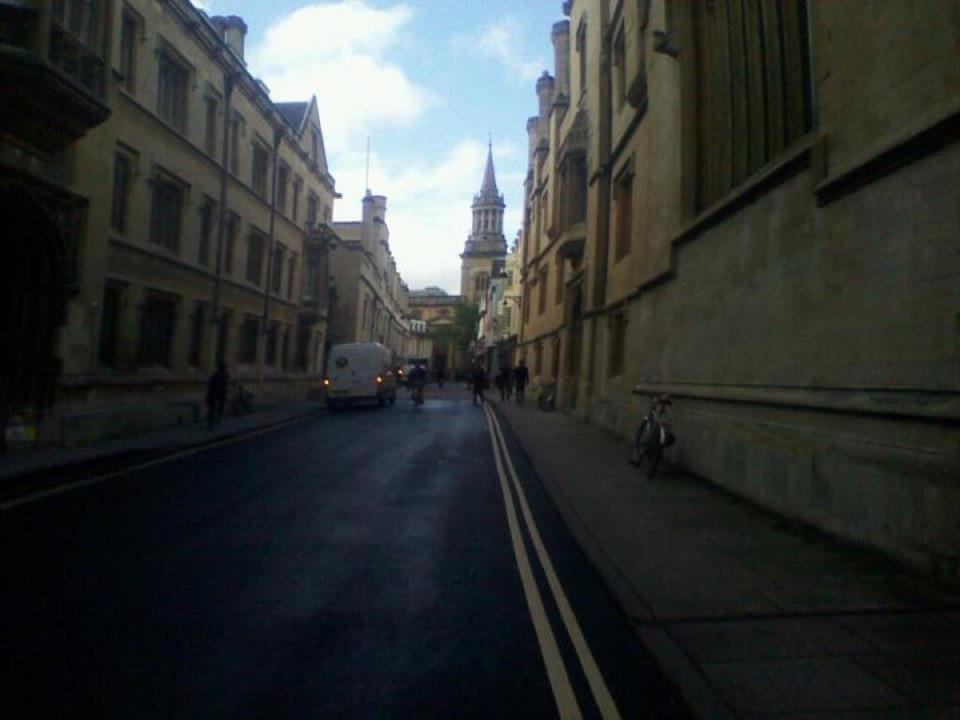Are you a student or professional planning your next infusion of knowledge? Well, I have two opportunities that I would like to highly recommend.
Annenberg-Oxford Media Policy Summer Institute
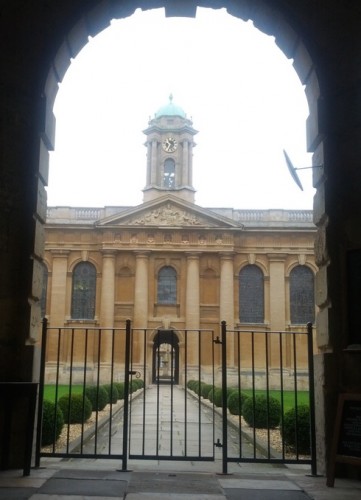
The diverse global group of practitioners, governmental and research colleagues really altered my perspective on the internet(s) and media. As someone who is building a career in digital response and humanitarian technology it is so important to be as open as possible to the viewpoints. It truly gave me a new lens and some policy frameworks to consider as I build programmes. (Class of 2012)
The Annenberg-Oxford Media Policy Summer Institute, held annually since 2004, brings together young scholars and regulators from around the world to discuss important recent trends in technology and its influence on information policy.
The objective of the program is to help prepare, motivate, encourage and support students and practitioners who aspire to pursue a career in a media-related field, may it be in academia, business or in policy-related fields. Applications are welcomed from students and practitioners working in communications, media, law, policy, regulation, and technology.
Registration for Annenberg-Oxford Media Policy Institute is due by April 4, 2016.
Earth Observation Summer School
Space and Science. This August I have the honour of teaching about citizen-engaged programmes and crowdsourcing for science at the biannual Earth Observation Summer School. There are 60 spots open. Applications are due by April 6, 2016.
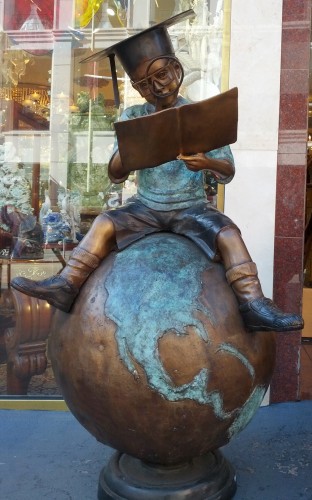
The two-week course, held in ESA/ESRIN (near Rome, Italy) during August (typically every two years) aims to provide students with an integrated end-to-end perspective going from measurement techniques to end-user applications. Courses include lectures covering issues related to Remote Sensing, Earth System Modelling and Data Assimilation as well as hands-on computing exercises on the processing of EO data. Students have the opportunity to present their work during a poster session. The three best posters will receive an award from the European Meteorological Society (EMS). Keynote lectures on global change issues are also given to discuss the current state of the science of global change and its relationship to society in order to help students appreciate how their specific field fits into a broader scientific and political context.
Register for Earth Observation Summer School by April 6, 2016
(Photos of Oxford and San Francisco statue taken by Heather Leson)
